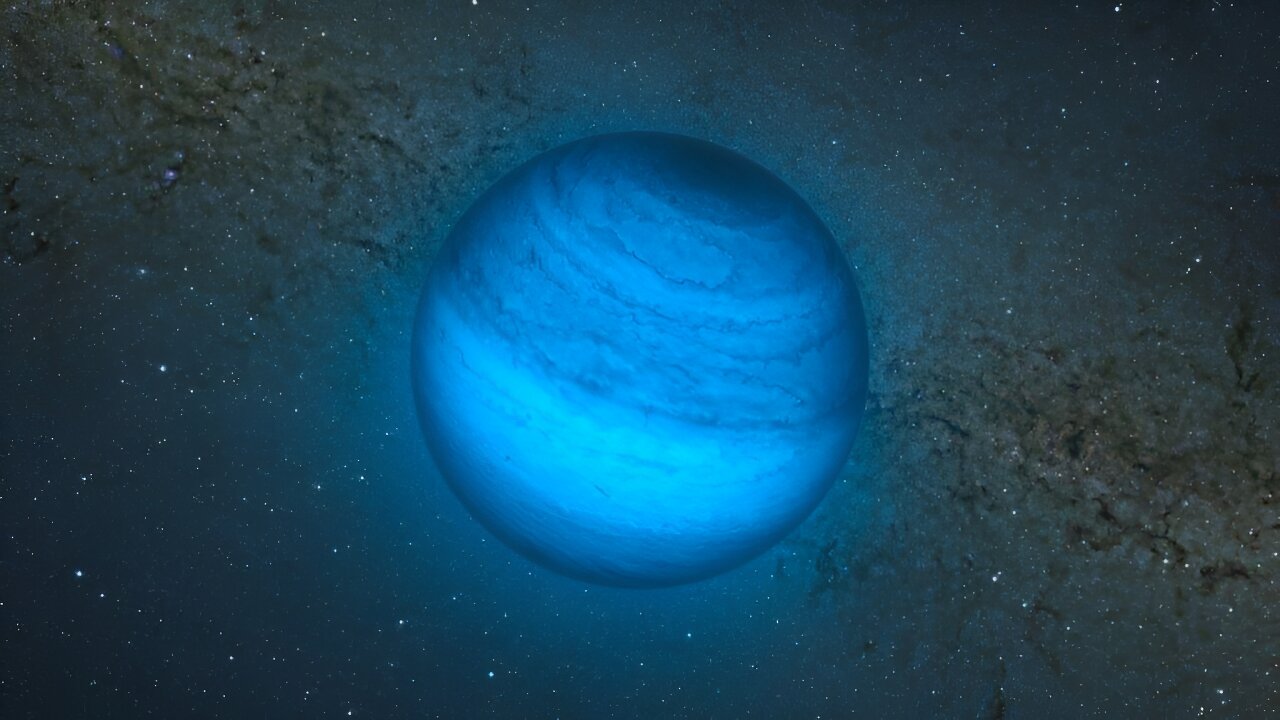It is much easier for orphan planets to be born in binary star systems than in those where there is only one star. As scientists have established in this case, even the presence of a planet the size of Neptune can lead to a massive ejection of other celestial bodies from the system.

How orphan planets are born
A publication dedicated to the birth of orphan planets, or rogue planets, has appeared on the website of the preprints of scientific articles at arXiv. These terms denote celestial bodies that have the size of a planet and, at the same time, do not orbit any stars but simply float freely in space.
The mystery of the appearance of these objects has long worried scientists because their number depends on the scenario of their formation, which we cannot directly estimate. Some time ago, scientists concluded that orphan planets could be born directly from gas-dust clouds, along with stars and brown dwarfs.
However, the main version remains that they are formed in ordinary planetary systems and then ejected from them through gravitational interaction. But the problem with this version is that the orbits of the planets have to be close enough and the planets big enough to do this. Consequently, many of them cannot be formed in this way.
Binary systems
Therefore, in the new study, the authors turned their attention to binary star systems. Studies have shown that they are quite common in the Universe. And there are both those where the luminaries orbit each other in almost circular orbits and those with more elliptical trajectories.
Calculations have shown that in a system with two stars, the ejection of planets should be commonplace even if their orbits are far apart in space. The imposition of gravitational disturbances will still lead to catastrophic consequences.
At the same time, the largest planet in the system remains relatively safe. But the rest may become its victims. However, it depends on how stars orbit each other in an elliptical orbit. With an almost circular one, the presence of a world the size of Neptune in the system is sufficient for the formation of orphan planets. In the case of the eccentric, it may even be a super-Earth.
At the same time, it should be noted that so far, scientists have found orphan planets mostly the size of Jupiter or larger. However, this can only be an artifact of our imperfect observation methods. If the new assumption turns out to be correct, then the space should be literally overflowing with orphan worlds the size of the Earth.
According to phys.org
Follow us on Twitter to get the most interesting space news in time
https://twitter.com/ust_magazine
